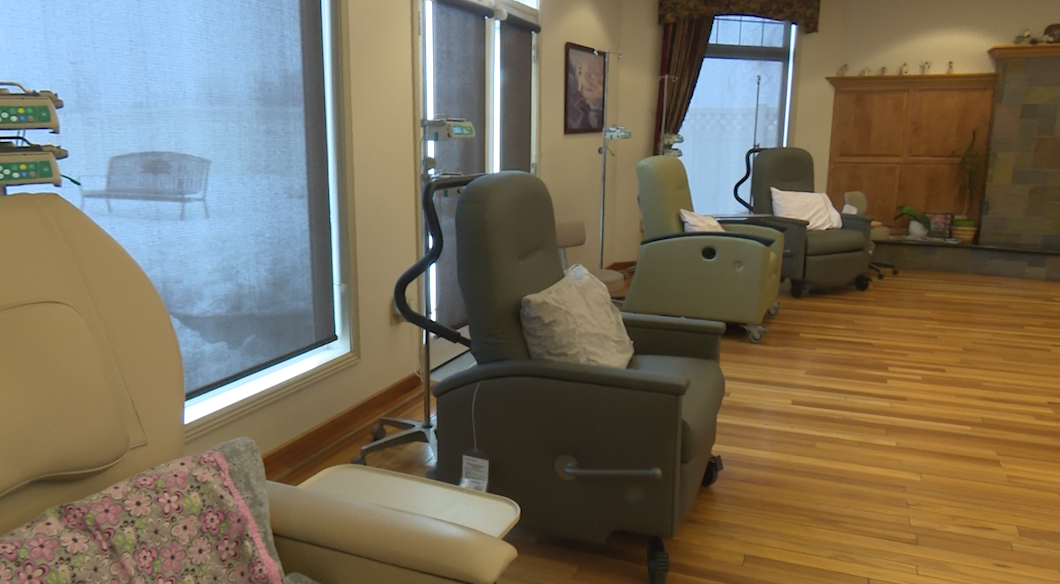New clinical trial aims to create national oncology database to advance cancer research and treatment

REXBURG, Idaho (KIFI/KIDK) - In an effort to store and share data that could help patients have a more personalized treatment, Dr. Dane Dickson, an oncologist with Teton Cancer Institute and CEO of Taproot Health, came up with the idea to start a clinical trial and develop a national oncology database.
"This trial can fundamentally change the way that we do research across the globe," Dickson said. The trial is called 'The Master Registry of Oncology Outcomes Associated to Testing and Treatment', nicknamed 'Root'.
Alongside the leading cancer institutions across the nation, Dr. Dickson is helping bring together valuable data that will help advance cancer treatment and research.
"Patients agreed to share their information, physicians then report very important information about those patients into a centralized database. Research across the world can then access that information to then use that to help answer questions. In the end, everyone gives something but receive something greater and in return," Dickson said.
The trial which was introduced just a couple weeks ago is already gaining a positive response from patients according to Dickson. "Patients above anything want their experience to count for something."
With the national database, the patient's data will be a great tool to help save people's lives.
"They want to help so that no one else has to go through what they're going through and so patients have been very supportive," Dickson said.
Dickson says they expect to enter the first patients into the trial over the next few months, and rapidly collect data over the next two years. By the end of 2022, he expects a significant amount of data to be collected that people will start to see its impact, then by five years, have enough information that the database can be used to answer questions about cancer that have never been answered before.
The nationwide trial is already gaining national attention with an article Dr. Dickson and his colleagues recently published in Cell magazine, a leading international scientific journal.





